There is a serious problem in this country that is an epidemic. The problem is hypertension.
Approximately 35 percent of African-American men and 34 percent of African American women suffer from high blood pressure, or hypertension, which is the number one cause of preventable death among African Americans. Hypertension develops earlier in life in African Americans than in Caucasians and is usually more severe. As a result, African Americans have a greater rate of fatal stroke, heart disease deaths and kidney failure than Caucasians.

Hypertension (or high blood pressure) is the most common chronic health problem in the United States. We find that high blood pressure, when uncontrolled, is almost always, associated with an increased incidence of stroke, heart disease, and kidney failure. In my “research”, I find that there are several factors that make high blood pressure such a challenge:
• It is so wide spread throughout our society that most people don’t even know that they have it. Many studies have shown that about half of the people with hypertension are not aware of their condition.
• It doesn’t present any real prominent symptoms.
• The need for the individual to be actively involved in the management of the condition over a long period of time.
There is a wide range in the varying nature of high blood pressure in people who have it. The reading can vary from day to day and even hour to hour. This is particularly alarming in the sense that there is no point at which the blood-pressure level suddenly becomes a risk factor. The risk of death increases from the lowest readings to the highest readings. When we speak of readings, keep in mind that anytime the bottom number in your pressure is between 70 and 85 your risk of death doubles; between 70 and 115 it increases eightfold! With this in mind, understand that 15% to 20% of all adults have bottom number readings of 95 or greater. So as you can see, there is a real problem.

The good news is that a substantial number of people with these readings (commonly referred to as mild hypertension) can revert to normal levels if properly managed over an extended period of time. After all, high blood pressure and diabetes are two of the most controllable and preventable diseases without medications through diet and lifestyle modifications.
This was the point at which your doctor told you something to the effect of, “Your blood pressure is borderline high. I am going to watch it, and if you aren’t able to watch what you eat and exercise, I’ll have to consider putting you on medication”.
Sound familiar? It’s not uncommon to need 2 or 3 different blood pressure medications, or more, and sometimes.
It seems that the most obvious question we should be asking ourselves is “What are the risk factors that I should be aware of that cause hypertension?”
The culprit in this phenomenon is the form of high blood pressure known as essential hypertension – in which no specific cause is identifiable – which account for approximately 94% of all high blood pressure. The other form is secondary hypertension – which results as a related condition of another medical problem (i.e. Heart disease, diabetes, etc.).
Time and time again we hear about this silent killer and we ignore the good advice offered to us. It seems that most of us treat high blood pressure the way we treat most other issues in our life: as soon as there is a sign of a problem, we jump right on it. The problem with this strategy is that high blood pressure is such an insidious killer that it can often only gives one sign- stroke or death.
Let me offer some suggestions that I feel are of major importance:
1. Smoking reduction. To stop smoking is the most effective thing the patient with mild hypertension can do to reduce risk of cardiovascular disease. For those with moderate or severe high blood pressure, smoking is a major risk factor.
Smoking itself is not risk factor for hypertension but is strongly associated with the development hypertension-related disease.
2. Salt reduction. Although there is no consistent correlation between individual salt intake and blood pressure, salt restriction can (in some hypertensive patients) reduce the need for drugs altogether, and in others it can reduce the dose necessary to control the blood pressure.
3. Weight reduction. In patients who are overweight, weight reduction is effective in reducing blood pressure. A drop of 10 from the top number and 5 from the bottom number can be expected from 15 pounds of weight loss.
4. Alcohol reduction. Moderate drinking (if you must, two drinks per day should be your limit) is not a risk factor in hypertension. At higher levels of intake, there is a consistent relationship between daily consumption and how high the blood pressure rises. heavy drinkers who stop drinking, can reduce their top number by 20. This reduction is maintained unless drinking is resumed.
5. Exercise. Moderate exercise such as walking is free from risk and extremely beneficial to general health. It should be part of the regimen.
As always, it is my hope is that the information is helpful and that you find good use for it. This is a serious problem and it must be recognized as such.
Take good care of yourself and live the best life possible!
Please be aware that this information is provided to supplement the care provided by your physician. It is neither intended, nor implied, to be a substitute for professional medical advice.
Take good care of yourself and live the best life possible!
